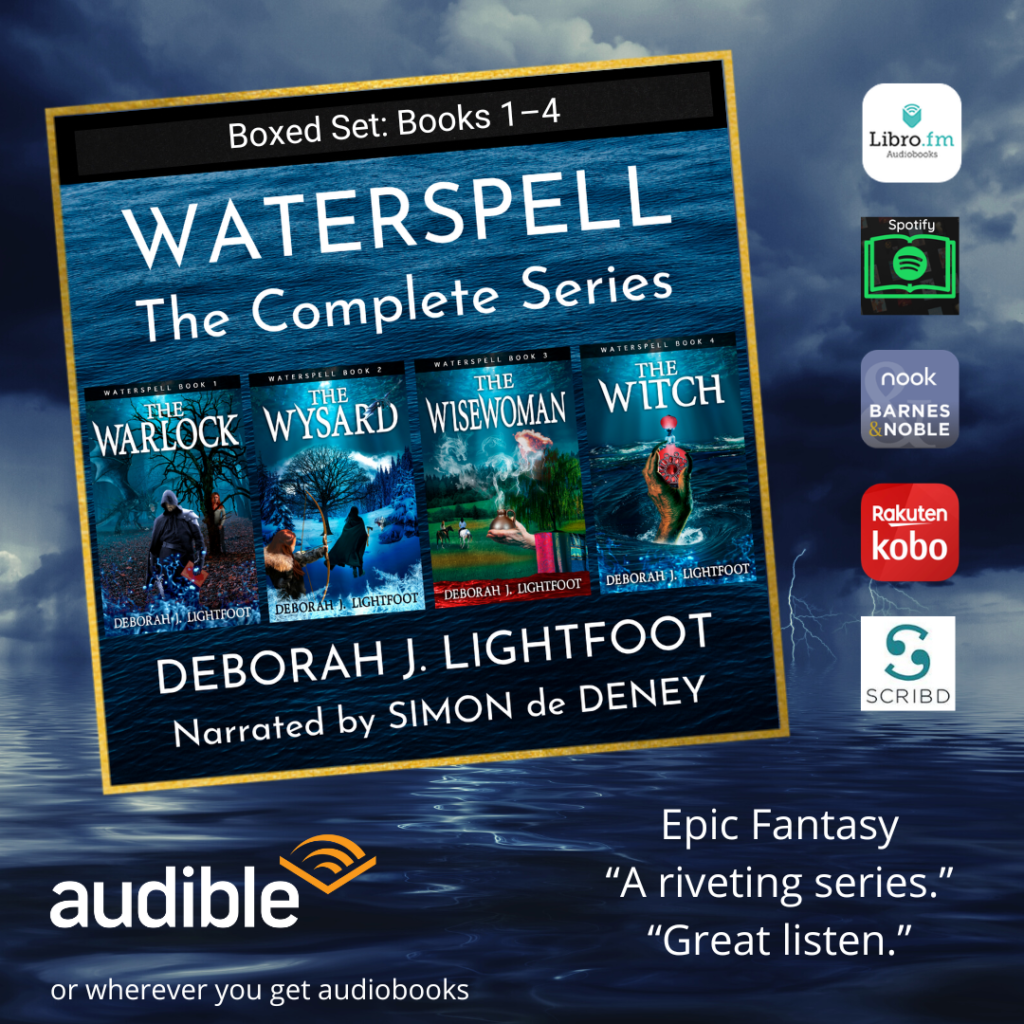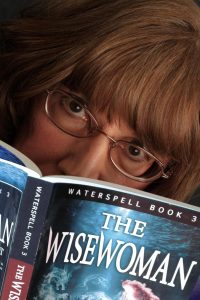(Continued from Tough Writing: Part 1)
To look at another example of the declarative sentences that typify the style called “tough”:
“In the late summer of that year we lived in a house in a village that looked across the river and the plain to the mountains. In the bed of the river there were pebbles and boulders, dry and white in the sun, and the water was clear and swiftly moving and blue in the channels. Troops went by the house and down the road and the dust they raised powdered the leaves of the trees. The trunks of the trees too were dusty and the leaves fell early that year and we saw the troops marching along the road and the dust rising and leaves, stirred by the breeze, falling and the soldiers marching and afterwards the road bare and white except for the leaves.”
–Ernest Hemingway, A Farewell to Arms (1929)
The driving beat of these sentences builds a picture in the reader’s mind of armies marching, marching, their boots pounding the road, raising the dust. There’s a definite note of desperation in this passage, a starkness that is far more effective than having the narrator crying out, or shouting at the troops, or otherwise showing his emotions.
As Professor Brooks Landon describes the “tough” style, the speaker/narrator/protagonist says only what he can see or directly experience, stating information without processing it. This style introduces the reader to a mind (a character’s mind) that is unreflective, almost anesthetized, or so focused on one purpose that it simply refuses to think about anything else or consider alternate points of view.
 I’ve come to realize that, on a spectrum of writing styles ranging from “tough” at one extreme to “demonstrative” at the other, I fall nearer the tough end. The circumstances of her early life have made my Waterspell girl, Carin, a self-contained, rather stoic kind of person. She’s quick to act. And in a situation that calls for action, she wants to be all business. The time for “getting in touch with her feelings” comes later. She may be afraid, but only after the fact. She doesn’t take time during the event to dwell on her fear — which is a trait that some of my fellow writers see as a fault.
I’ve come to realize that, on a spectrum of writing styles ranging from “tough” at one extreme to “demonstrative” at the other, I fall nearer the tough end. The circumstances of her early life have made my Waterspell girl, Carin, a self-contained, rather stoic kind of person. She’s quick to act. And in a situation that calls for action, she wants to be all business. The time for “getting in touch with her feelings” comes later. She may be afraid, but only after the fact. She doesn’t take time during the event to dwell on her fear — which is a trait that some of my fellow writers see as a fault.
I, however, see it as an authentic character trait, because it’s my trait, a strong element in my makeup since childhood. I act first and think — or feel — later.
For example, when I was in college a bullet exploded through the wall of my apartment six inches to the left of my shoulder. My initial reaction was to fling open my front door and go storming out to confront the shooter. That was stupid, of course. For all I knew, that bullet through my wall was the prelude to a full-bore gun battle. But the shooter emerged from next-door at the same time I stepped outside, and his face was white. As I shouted at him — “What the hell are you doing? You could have killed me!” — he stood there looking faint. It had been an accidental discharge. He was cleaning a loaded gun.
I felt nothing of fear at that moment. Only afterward, when I had time to process what had happened, did I realize how close I’d come to catching that bullet. A few inches to the right, and it would have gone through my heart. Then — only then — I collapsed onto my bed and started to shake. After the fact, I knew fear.
That’s my Carin. She takes action, she runs, she fights, she shouts. Or she quietly, deliberately makes her plans and bides her time. Emotions take a backseat. They are a luxury that she has seldom been able to indulge in.
Most of my readers seem to understand her. Occasionally, though, I get feedback urging me to make her a more overtly emotional creature. Sorry. Can’t do it. That’s not who she is. Or who I am.
I go back to the examples I used earlier from Ursula K. Le Guin and Suzanne Collins. When those writers state information and omit emotion, they still provide an emotional undercurrent that gives me a feeling for all the things that are left unsaid:
“If a writer of prose knows enough about what he is writing about he may omit things that he knows and the reader, if the writer is writing truly enough, will have a feeling of those things.”
— Ernest Hemingway

 But many of the works I love best, like The Tombs of Atuan, the second book in
But many of the works I love best, like The Tombs of Atuan, the second book in  To cite a more contemporary example: Katniss, the admirably self-sufficient protagonist of
To cite a more contemporary example: Katniss, the admirably self-sufficient protagonist of 











